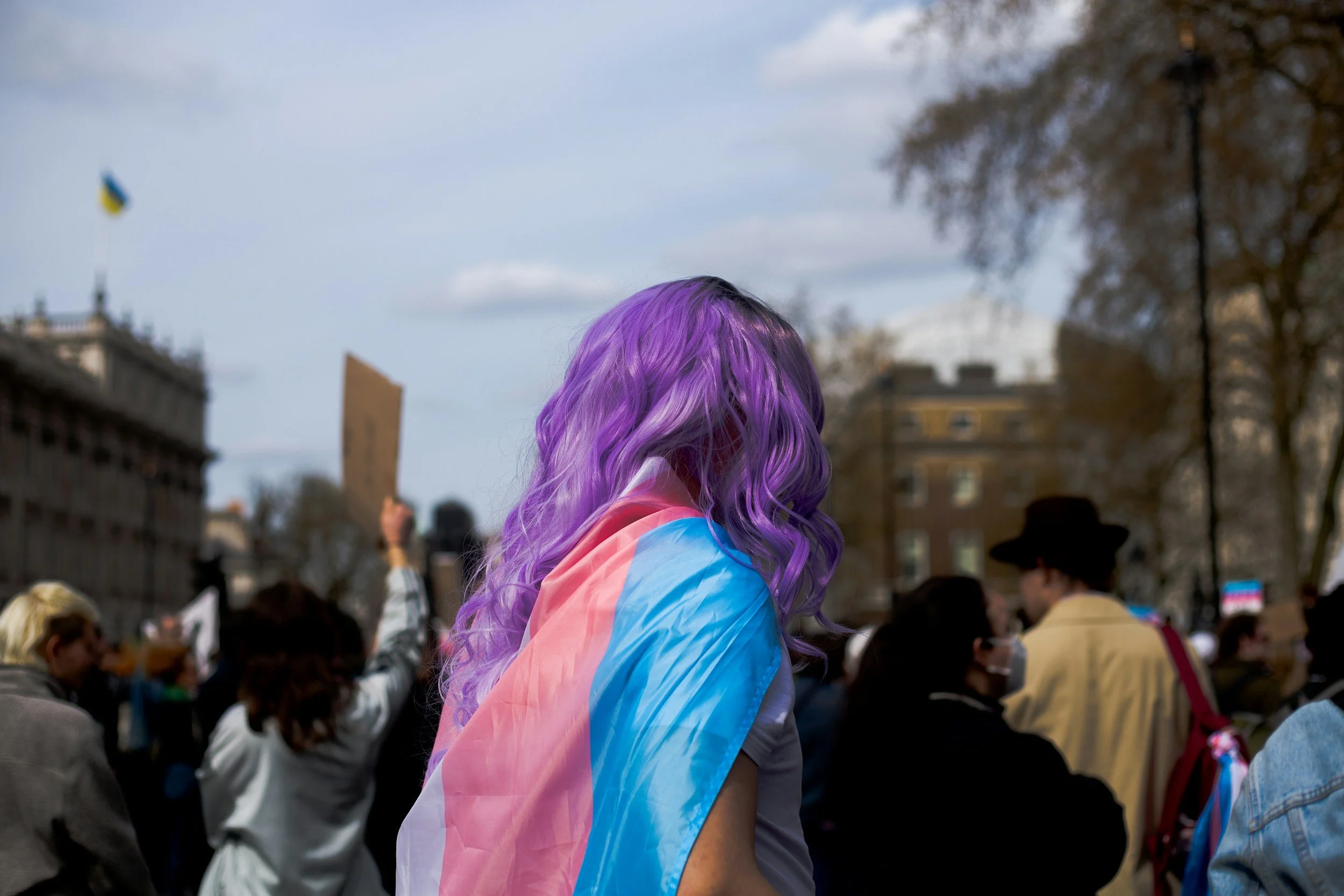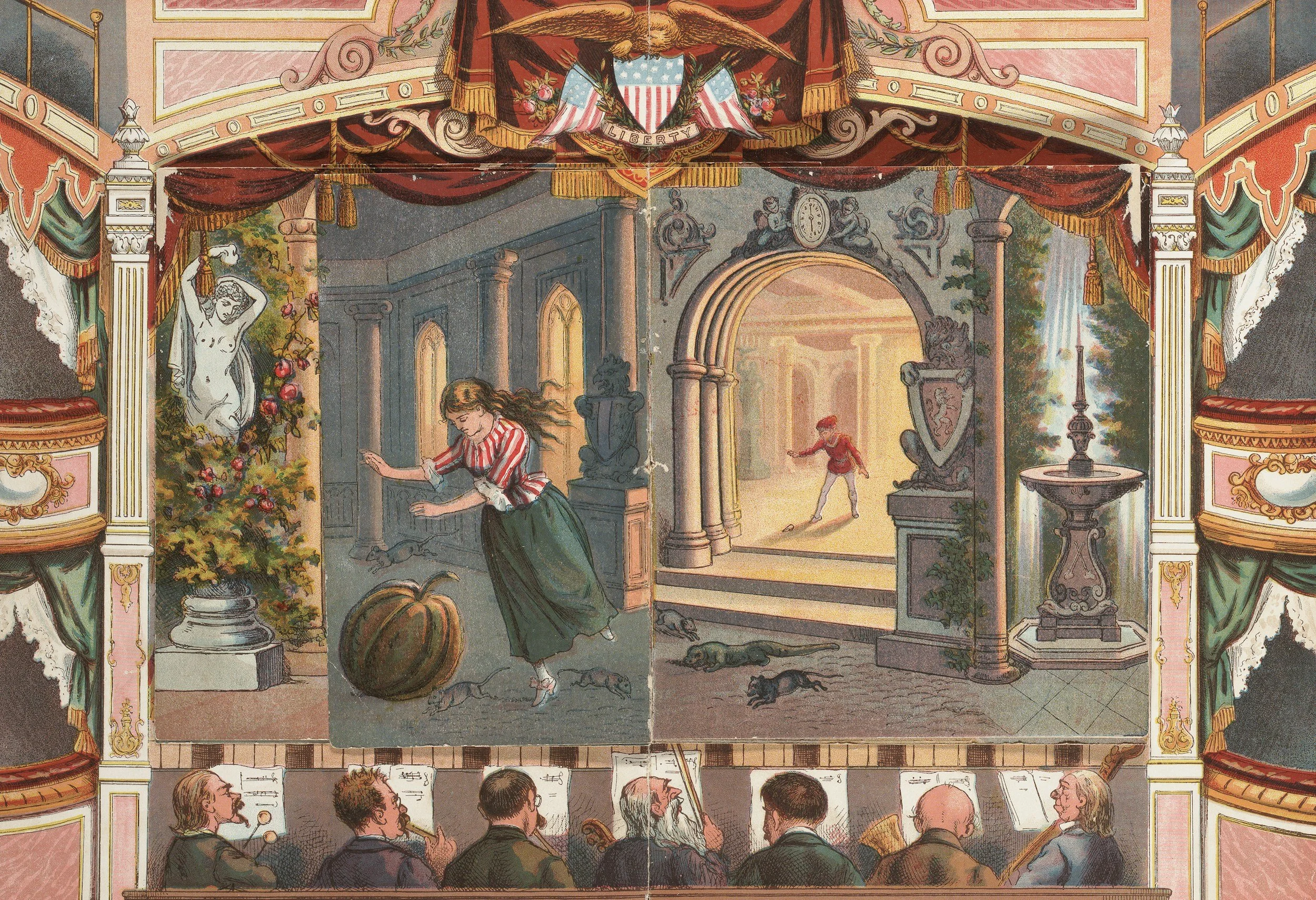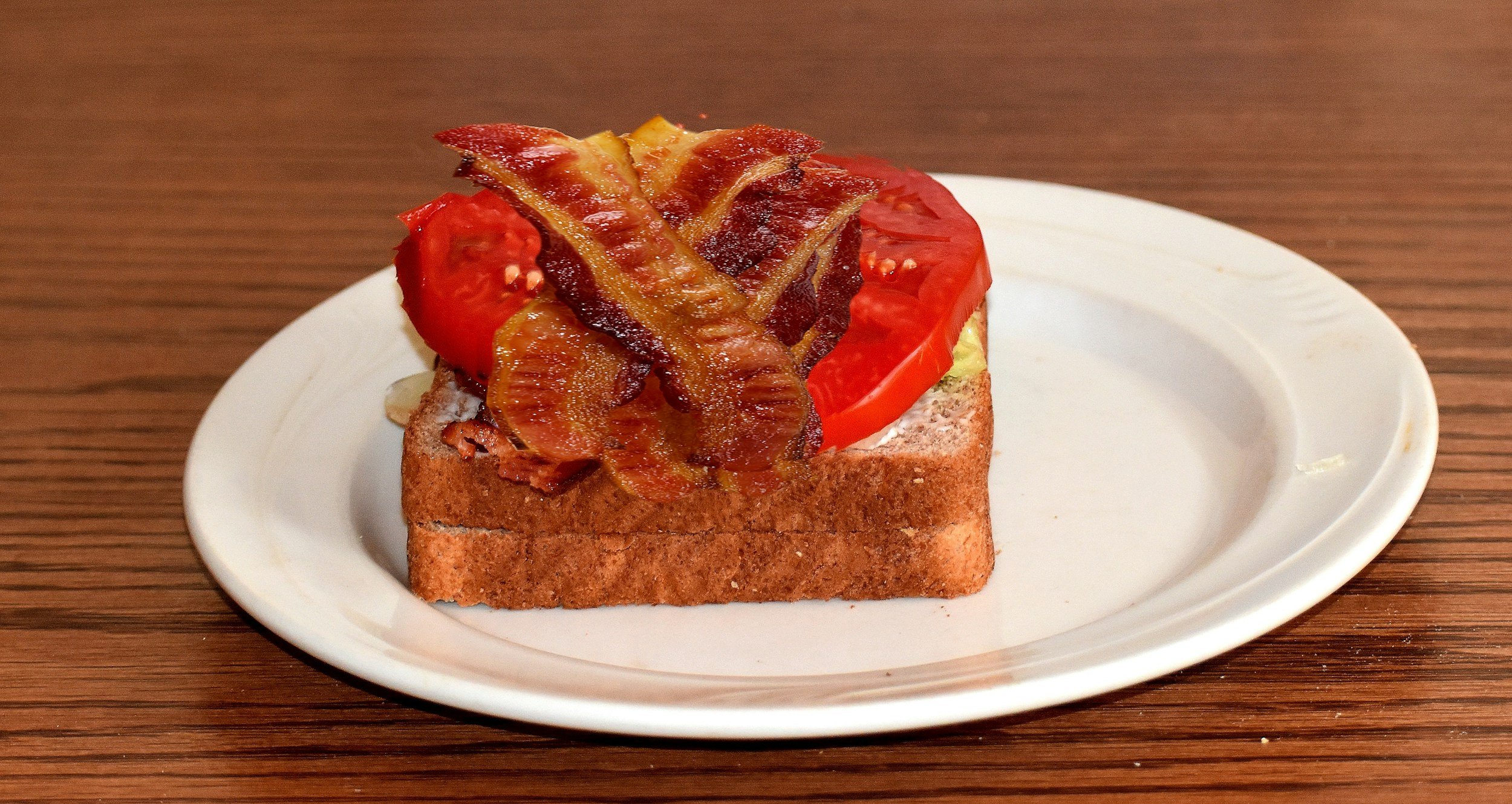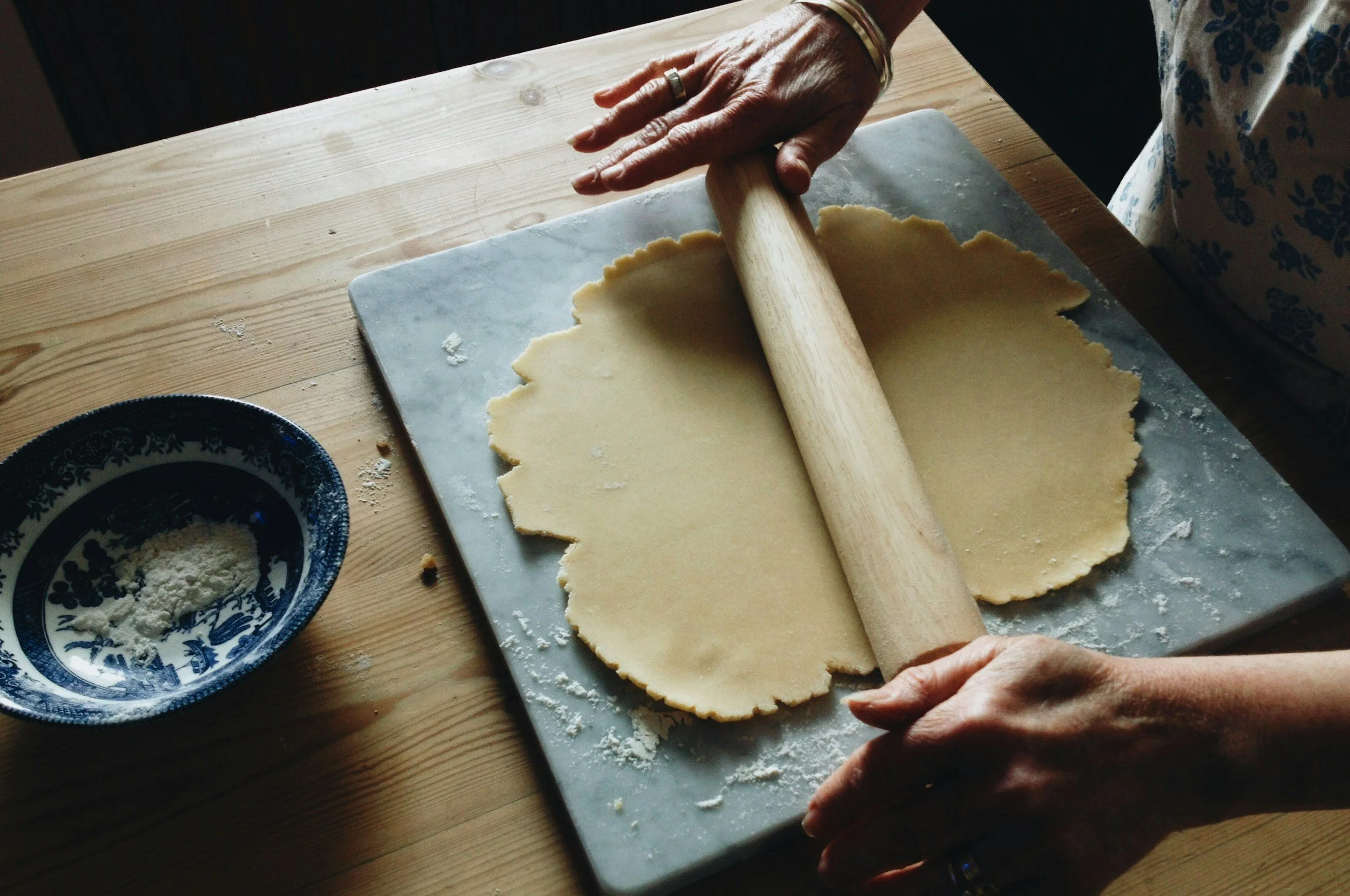The Burning Truth
As my parents’ only child, I always listened for bits of grown-up news or gossip, especially when they spoke in hushed tones or in “code.” Without siblings to distract me away from the business of the adults, I was often privy to all sorts of dirt. But, whenever I asked a question about something I overheard, my mother shamed me back to childhood with comments like, “Little pitchers have big ears!” or even better, in Italian, “Fatti gli affari tuoi!” My mother didn’t know many Italian phrases, but she reserved a few zingers for those times when she wanted to hammer home her point. For some reason, being told to mind my own business in a foreign language always extinguished my burning desire to know what the adults were up to.
Due to the undertones of secrecy, I never totally trusted my parents. They always seemed to be colluding about something and, as a child, my world teetered between precarious orbits of sneakiness and whispers. Even though I often sensed subterfuge afoot, in my earliest years, my father emerged as the more forthright and reliable parent. Dad deputized me as his sidekick, and I accompanied him around town on his banking and bill-paying errands.
On most Saturdays in the 1960s, my father took me along to the grocery store. I was only ten when I saw him shoplift a small can of Tang, the fake orange juice powder. After slipping the item into the pocket of his tan Dickies work pants, he turned to see if I had noticed. Fearing his reaction, I snapped my head to the right, away from him and his crime. The guilt my father should have felt flooded through my veins, settling in my stomach. I still cringe when I recall that horrible moment.
After that day, I begged my mother to let me stay home on Saturdays to avoid being an accomplice to my father’s penchant for swiping, or a witness to a potential inquisition in the store manager’s office, or seeing my father in handcuffs as he ducked his head into the police car. My ten-year-old imagination ran wild. I never told Mum why I refused to go or that my father was a thief, although I had a nagging sense she already knew.
If Mum was aware of my father’s sticky fingers, she never said, and I understood why. It was the same reason I looked away that day in the grocery store aisle. Even though I enjoyed a close relationship with him, we both had learned to play it cool when it came to Dad. He controlled everything—our home, our family’s finances, and our life choices. He could be explosive, and, for that reason, my mother and I were careful not to trigger him. Only his opinions mattered and he won every argument through sheer verbal force versus reason. My stay-at-home mom knew better than to cross him or disagree with his way of thinking. She depended on him completely. She had no money of her own. He made sure she never had access to a car. She knew she was stuck and she didn’t dare jeopardize the tenuous peace of her minimalistic existence.
Although my father never lashed out at me, the secondhand stress from their relationship seeped into my soul. While my mother lived tethered to the strain of life with Dad, I left the tension of our home behind when, at twenty-one, I married my husband, Tim. Yet, as much as I believed I had made a break from my parents, I never truly succeeded in maintaining a life away from them.
The afternoon that my father’s car was set afire, my mother called our apartment, thirty miles away. Now married for six months, I had settled into my new life, fooling myself into believing I was independent of my parents. But, while we were physically distant, as long as they had my phone number, emotional distance was an illusion.
“You’re not going to believe what just happened!”
I detected immediacy, hysteria, and fear in my mother’s tone.
She continued before I could answer. “Your father’s car was torched behind the Star Market!”
“What? What are you talking about?” As I absorbed her words, I tried to make sense of the mental picture I had quickly constructed.
“He’s all shaken up! The cops and the firemen were nervous he was going to have a heart attack!” Again, I conjured the scene in my mind’s eye. I tried to imagine the first responders holding Dad up, attending to his shock and his terror, but I struggled with the image. Dad seldom lost his bearings.
Tears welled in my eyes. The thought that there were such bad people in the world terrified me. I knew my parents harbored a mutual belief that the world was out to get them and now, I wondered, were their fears valid?
The next day, we drove to my parents’ house. I wanted to lay eyes on my father, my poor father, who had been through so much. He greeted us as we walked into the house and I immediately started to cry.
“Aww, c’mon! It’s okay. Don’t cry! It’s only a car.” He lightened the moment by using that tone, a singsongy voice he used when I was a child to diffuse my tears. He intended to soften the impact, but as he babbled the details of the day before, my fears only heightened.
“I was in the checkout line in the store and I heard all the fire engines. Then the cashier said, “I wonder what’s going on?” and I said, “It must be something big!” As he told the story, I could sense his terror.
That afternoon, and for years to come, Dad told and retold the story, repeating every detail, down to the tow truck driver offering him a shot of whiskey to settle his nerves.
The whole episode terrified me and, although I only lived forty-five minutes away, the guilt instilled in me by my parents and reinforced by sixteen years of Catholic school education kicked in. As much as I craved a life away from them, was I being selfish leaving them? To my father, any distance was too far. In my mind, at this moment, I believed they needed me and that translated into living close by. To that end, Dad already had a plan in place: someday I would build a house on the lot of land that he had purchased next door to them.
Before then, I had never succumbed to my father’s pressure to consider his proposition, but, suddenly, the idea I had rejected for so long made sense. I believed that, by virtue of proximity, I could keep an eye on things. I could protect them. Abandoning my quest for independence and peace, within a few weeks, Tim and I decided to build a house on land abutting my parents’ property. Within months, Dad’s dream became a reality as we moved into our house next door.
Over the years, we learned to live in the shadow of my parents. While we strove to maintain boundaries, we were seldom successful. My parents were frequent backdoor visitors. Dad spent many afternoons sitting at my kitchen table while I moved around him, preparing dinner and tidying up. On one particular day, the conversation came around to the day his car was set on fire, ten years earlier.
“Well, you know who torched the car, don’t you?”
“What? You know?” His question puzzled me. How could he know? I could feel his burgeoning desire to let me in on the secret.
He proceeded to recount the parts of the story that I knew, now filling in the crucial missing details. He reminded me of the time he had an accident, one where he was found at fault, resulting in an insurance surcharge that followed him for years. My father’s logic placed responsibility for his penalty in the hands of the insurance commissioner. Arson was his way of getting back at the system. His thinking defied rationality.
He shared the details of the crime.
“I stuffed the car with paper and aerosol cans. Then I lit the match, watched the paper ignite, locked the car, and went into the store.”
My father shared disturbing details about my mother and her complicity in the lie. She knew then what he had done to his car and she kept his secret all these years. The frantic phone call—it was another lie. My parents had betrayed me, and now I had proof that my instincts, rooted in childhood experiences, were correct—I couldn’t trust my parents.
As he spoke, I recalled my repressed fear from the day at the grocery store when he pocketed a small, inexpensive item. My palpable shock over the minor crime still smoldered just below the surface of my memory. Now, in an instant, I constructed a profile: a thief, an arsonist, a liar, a manipulator.
When Dad went home and told my mother he had shared their secret, she responded, “What the hell did you tell her that for?” He reported this detail to me. I think that he was proud of what he had done. Actually, I know he was. Dad seldom regretted his actions, even when they were ill-informed and illegal.
Ancient feelings from a decade before, the ones I now know were based on a lie, clouded my ability to make sense of this news. At the time, my worry consumed me. What an awful thing to happen! I cried at what he had gone through. I was terrified to think that my father was the victim of a random act of violence. I never imagined that he had been the arsonist.
I remembered my mother’s impassioned phone call. It was an act orchestrated by both of them. I had never felt more betrayed.
I thought about my own life choices. I made the decision to build a home next door to my parents, based on my fear for their well-being. I admit my reasoning was flawed. There was no way I could have insulated them from the world. But, even worse, I realize my decision was also based on a lie. If I had known the truth, instead of running back home, I know I would have stayed away for good.
Shortly after my father told me what he had done and how my mother reacted, Mum and I talked about the car torching. She regretted not confiding in me and enlisting my help in thwarting Dad’s plan. Together we might have shamed him into abandoning his vendetta. Or not. Dad was unpredictable.
She said, “I begged him not to. It’s all he talked about. He would just laugh at me when I told him he’d end up in jail. Then one day he came home and said, ‘I did it’ and I said, ‘Did what?’ and he said, ‘Torched the car!’”
For a moment, I put myself in Mum’s place. All those years later, after the fire, my mother reported being mortified. I can only imagine all of the secrets she kept for Dad. When it came to Dad’s erratic nature, her hands were tied knowing that she was at his mercy. She knew she could never support herself on her own and my father would make sure that she got as little as possible if she had turned him in. Then again, how many spouses report illegal behavior to the police? I doubt that there are statistics tracking that kind of betrayal.
Shortly after I learned the truth, I researched the statute of limitations for arson. I thought it was interesting that my father waited until well beyond the time parameters for prosecution to confess his crime. I wondered if he waited until he had evaded the law before telling me, in case I wanted to make trouble for him. He didn’t trust me to keep his secret. I also wondered if I would have done exactly what I did that day in the grocery store so many years before: turn away and pretend that my father wasn’t a criminal.
Thinking back on my family’s lies and the secrets, I remember another Italian expression: Occhio non vede, cuore non duole. It loosely translates in English to “What you don’t know can’t hurt you.” I wish I could turn back time to the moment before my father shoplifted, or to a time when I thought that my father’s car was set afire by some unknown arsonist, not him. Even now, years after their deaths, I live with the truth and the knowledge that I couldn’t trust my parents, just as I always suspected. And I can’t believe how much it still hurts.
-Marie F. Cahalane
Marie F. Cahalane, a lifelong Bostonian, is a writer, educator, and entrepreneur specializing in educational counseling. A natural storyteller, Marie writes about human nature and family challenges with wit and candid insight. A graduate of the Memoir Generator and Memoir Incubator at Boston’s GrubStreet, her writing is showcased in her blog, “Mami Knows Everything,” mamiknowseverything.com, and in Midcentury/Modern on Medium.com. Her current work-in-progress is a memoir, The Shortest Road: Building a Life, Rebuilding a House, and Never Leaving Home, a story of a bond between a daughter and her father that weathers decades of secrets and lies, and the demise and rebuilding of their relationship and the family home.





















